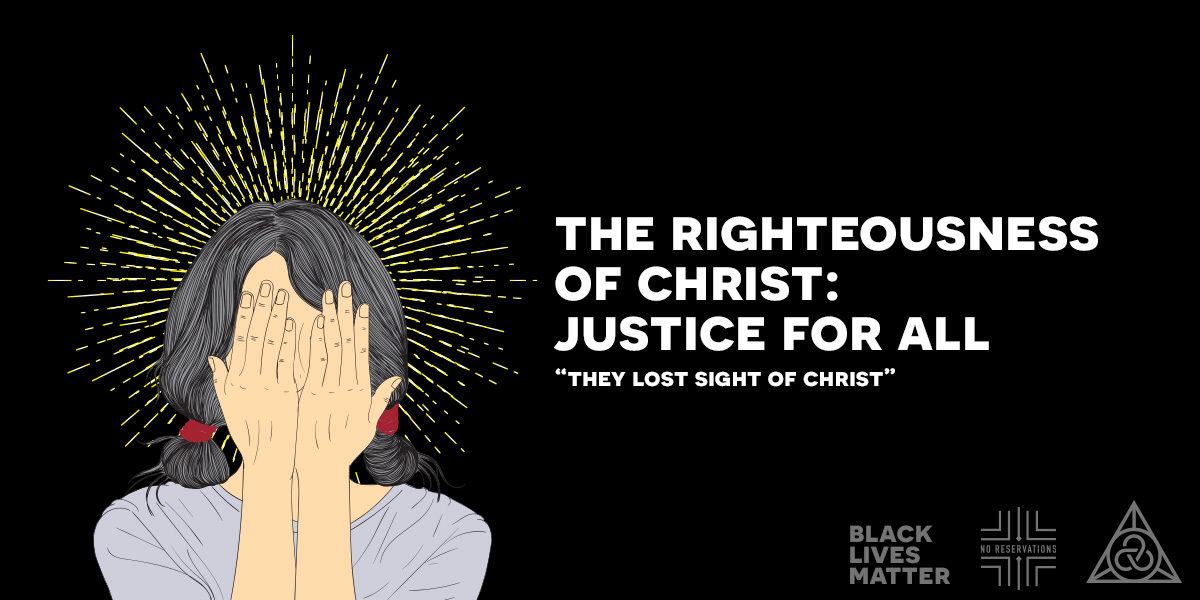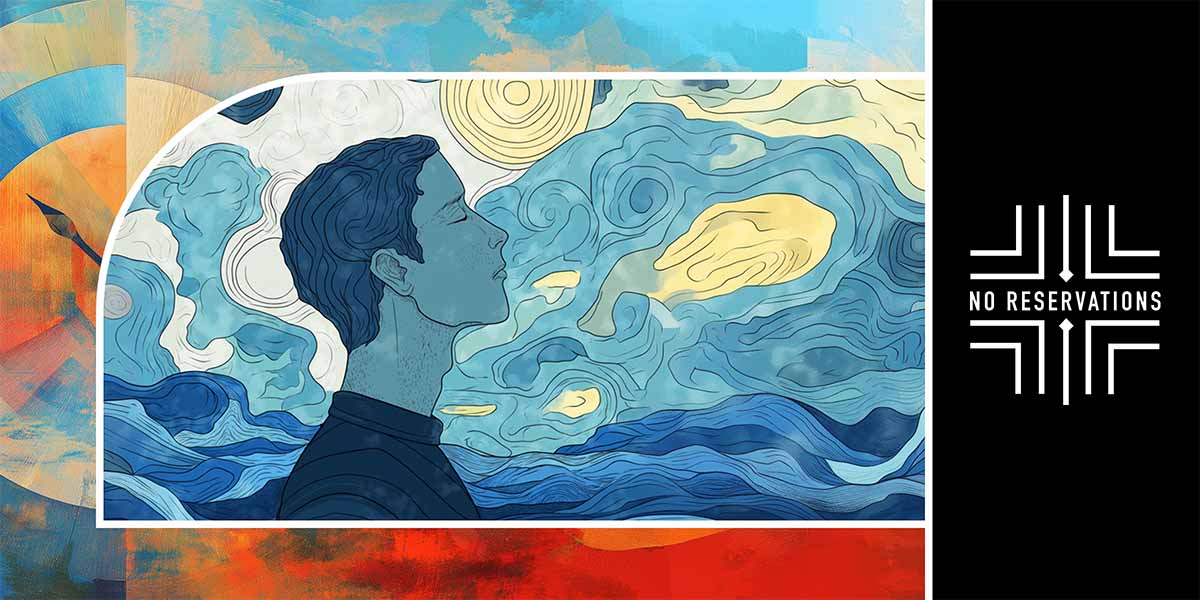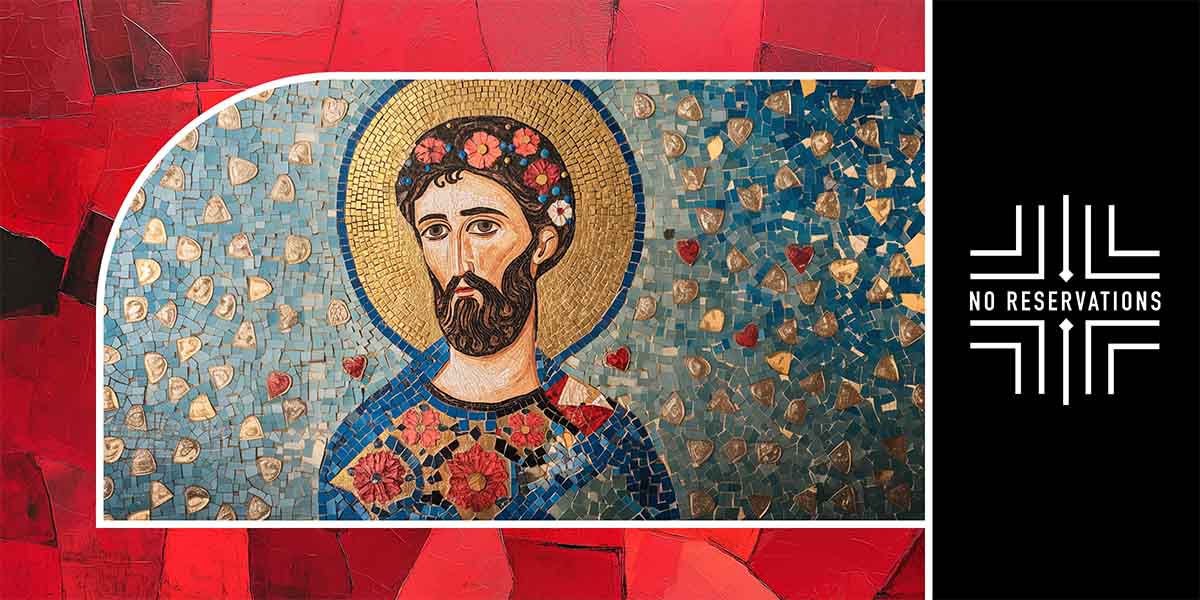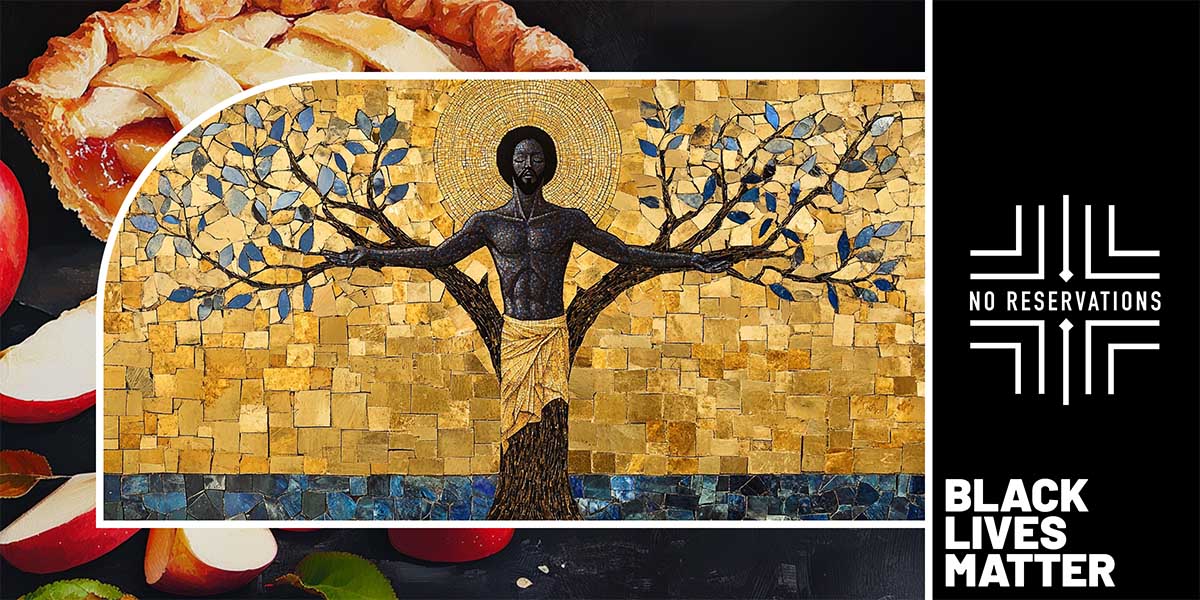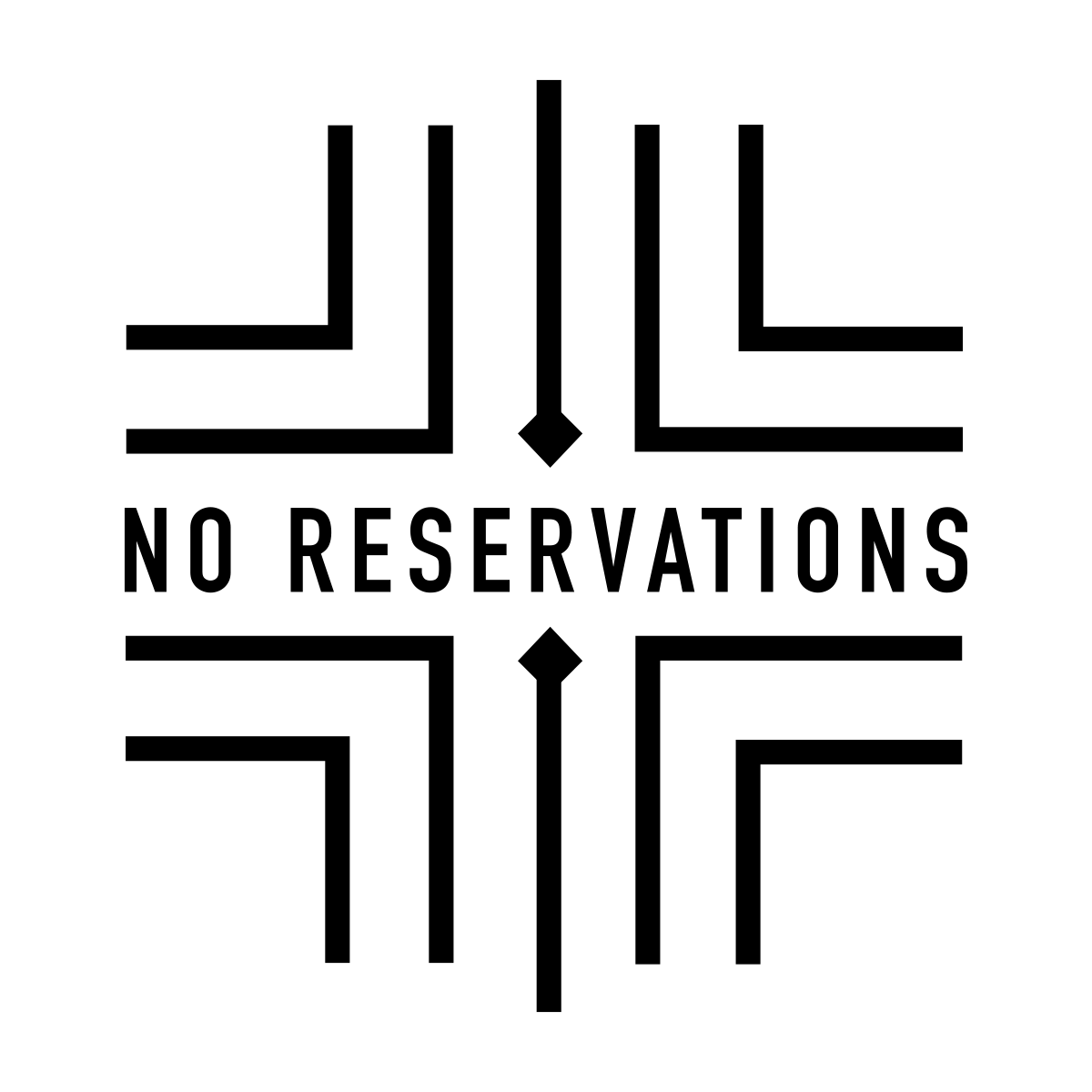We must stop pretending that “thoughts and prayers” are a good substitute for actions and begin by first acknowledging where we have failed to take responsibility for the state of the world today and begin to heal those failures.
Matthew 6: 25-34 Collective Edition (CE)
25 “Do not stress out about your life, or about how much money you have, or about any health conditions beyond your control, and of your external appearance. Living authentically in the world with joy surpasses wealth, vanity, and materialism. 26 Just explore a day in the life of a bird and see how the birds do not get lost in the stress of their own created need to amass the things freely given by nature. Are we not also blessed by nature’s abundance? 27 Stress does not produce joy, only sorrow and health troubles. 28 In that same way, why do you live enslaved to consumerism? Embrace the natural beauty of plants, how they consume only what they need to produce the life-giving air we breathe and the food we eat. 29 No human enterprise has managed to construct such a perfect system of life and rebirth. 30 Yet, nature grows, adapts, evolves, and sustains life. So why would the One, who spoke, and light enveloped the darkness, not also inspire in us the ability to grow and evolve– after all, that is our authentic nature. 31 So do not stress over things that only serve to trap your authenticity in self-destructive loops. 32 For those who are stressed are seemingly never satisfied and fail to fill the emptiness in their soul. 33 We must instead collectively seek to embody Hope and Love for all humanity by embracing righteousness and justice for all. For once we are awakened to that Truth, we will break free of our created self-destructive loops and embrace life to the fullest. 34 Therefore, live in the now and savor every moment of your life, whether good or bad. Knowing that tomorrow will be a new day under the sun and will undoubtedly bring new joys and concerns.
Micro-Aggressions Lead to Macro-Resentments
In July of 1994, my parents and uncle secured my place on a boat alongside two other families and two fishers. We embarked on a journey towards a land of hope, freedom, and opportunity – the United States. Upon arrival, Miami’s diversity amazed me. I had only been exposed to the various shades of Cuban culture. But in Miami, I found myself in a school brimming with white children, Black children from all over the globe, and Hispanic and Latin children from every corner of Central and South America. Despite the cultural and ethnic variety in Miami, I also noticed an undercurrent of prejudice and aggression across virtually every ethnic group I encountered.
My first day of school was marred by a derogatory term hurled at me by a Nicaraguan girl whose parents had crossed into the U.S. via Mexico without papers. This slur was specifically used to demean Cuban immigrants arriving by boat. As a seven-year-old, I felt profound sadness and confusion. I couldn’t understand how someone sharing a similar origin story could become hostile toward others whose guardians were also seeking a better life for their families.
Throughout my time in the public school system, I encountered discrimination at various levels from both students and teachers. These often blatant, almost juvenile, macro-aggressions stemmed from ignorant and comically misguided notions of what it meant to be Cuban or Hispanic rather than who I was as an individual. To some, I was the Cuban refugee; to others, the ‘English as a Second Language’ kid. To the rest, I was the privileged Cuban kid who got all his paperwork and government handouts, supposedly snatching American jobs.
Yet, the most aggressive prejudice I faced emerged when I became part of and began working within white mainline liberal Protestant institutions. These institutions are populated by progressive thinkers who scorn conservatives for their macro-aggressions, yet they treat those unlike them as projects to be ‘saved’ from their perceived backward origins. I’ve been subjected to comments such as, “Everyone in Miami speaks English; therefore, there’s no need for Spanish language programming,” and “Wow, you’re Hispanic? I thought you were white – no wonder we get along.” The most memorable was, “I’m glad you’re not like those other flamboyant gays; you’re normal, very straight-acting.” These statements, all from those in positions of authority and leadership, expose a veiled prejudice that would undoubtedly offend them if pointed out.
It’s fascinating how people use labels and create personas to conceal their white privilege and prejudice. The real crux of this narrative isn’t the derogatory words used to assert their place in the face of their fragile egos. Rather, it’s that these are the same people who, standing at pulpits across the U.S., speak of a brown man from the Middle East who sparked a movement that flourished in North Africa and Asia Minor, only to be whitewashed by those unable to identify the Christ within themselves, rendering them blind to the Christ in others. Thus, how can any righteous movement for justice arise from a group incapable of recognizing that beneath their liberal facade lies a deep well of white aggression and animosity towards anyone deemed as an outsider?
The Prophets and Righteousness
At the heart of many prophetic messages and stories within our shared Sacred Scriptures lies the concept of righteousness. The prophets upheld a singular truth: God is not honored in others when the plight of society’s least fortunate is disregarded. Hence, prophets such as Amos, Micah, Ezekiel, and Jeremiah looked upon the state of their societies with profound moral indignation. They were deeply perturbed by the apparent apathy among those they believed had been touched and blessed by God’s liberating power – those who had once been slaves to the toxic systems of human power dynamics yet had managed to liberate themselves by embracing a way of life counter to the status quo.
A glance at the utopian hopes and visions encapsulated in Leviticus and Deuteronomy reveals that the writers of the Hebrew Bible, despite being bound by their time and space, envisaged a world that championed personal responsibility for societal wellbeing. I am aware that these two books contain outdated laws concerning social constructs that are considered horrific today. Conservative Christians often argue that the good cannot be separated from the bad, yet to their chagrin, I believe we can and should acknowledge portions of the Bible that are antiquated and irrelevant to the modern world. We are called to embrace the inspired words of those who saw the world as it was and dared to envision one that was not dominated by humanity’s toxic power systems.
Therefore, the prophets offer us a blueprint for conduct in this world, outlining expectations for those who feel the pull of righteousness at their divine core. This involves operating with a profound sense of compassion that doesn’t solely cater to our needs but also considers the needs of those who suffer and have been deemed inferior by human-created toxic power systems.
Jesus and Righteousness
Our scripture reading today further emphasizes the essence of righteousness. Christ guides us on an introspective journey into our lives, urging us to identify the ways we’ve lost sight of the Christ within us and others. This concept ties back to compassion and abundance, as Christ illustrates the various ways we collectively become entangled in our self-generated stress and struggles. Thus, we’re encouraged not to worry about things beyond our control but rather to focus on authentically loving ourselves and others. As Paul states, no matter how much wealth, power, or knowledge we accumulate, if we do not know love, we are nothing. This truth reflects our genuine nature, which is not naturally inclined towards materialism.
In light of this, we’re summoned to purge aspects of our lives that prevent us from embracing life in its fullness, regardless of the challenges that punctuate our everyday existence. We should awaken the prophet within us by embodying Christ’s righteousness, scrutinizing our lives, and dismantling any toxic systems of oppression that impede us from fully embracing the joy of living into God’s hope for all creation. We must sincerely believe that as manifestations of Christ, it’s impossible for us to experience true happiness and contentment when the Christ within our neighbors is unjustly extinguished due to their skin color. How can we genuinely embrace love when Christ is incarcerated, separated from their family in an entirely unfamiliar country?
Ignoring the Internal Christ
It’s true that societal issues and troubles are intricate and messy. However, they become complicated only because we, as humans, decide to muddle them. This occurs primarily when we cease to love others as we desire to be loved. The stark reality is that if one remains unmoved by the sight of children in cages amidst reports of abuse and neglect, then they have lost sight of their internal Christ and consequently do not truly love themselves. Nobody wishes to live in such conditions, just as nobody should fear being hunted down by white supremacists during a simple jog or having the police called on them for bird watching in a public park just because of the color of their skin.
Choosing to stay silent or defend hateful actions or words with statements like “that’s their opinion” disregards the inspired words and narratives within the Bible, which many of us idolize yet neglect to take seriously. We aren’t called to concern ourselves with the latest fashion trends, celebrity gossip, or even the most recent political scandal that arises from the spectacle we presently refer to as politics. Instead, we’re called to initiate personal transformation by first acknowledging the truth: at our core, we are all the same and deserve love and care.
Martin Luther King Jr. powerfully asserted in his renowned “I Have a Dream” speech that we should be judged not by societal labels used to segregate and oppress us but by the substance of our authentic selves. This statement allowed our modern-day Prophet to envision a world where our freedoms are intertwined with the liberties of the oppressed. How can we claim righteousness while others suffer due to the church’s inaction, whose authentic nature is to challenge and transform society from the inside out?
Embracing the Diversity of Creation
What can we do then? Where should we begin? Our world is teeming with hatred, injustice, and deep-seated anger and pain from all sides. It must first start with each of us individually, transforming ourselves through the love and grace of Christ. We must cease to presume that “thoughts and prayers” are a sufficient replacement for actions, acknowledge our failures in contributing to the state of the world, and commence the healing process. This healing begins by examining ourselves and identifying those aspects that have denied us the joy of an authentic life. What are we pursuing to fill the voids in our souls? Is it wealth? Unhealthy relationships? Is it power due to feelings of powerlessness? What external factors are obstructing us from realizing our full potential? By identifying these things, we can initiate the healing process. Our lives start to align with compassion, abundance, and righteousness, enabling us to love ourselves fully and to recognize that love in others, acknowledging Christ within the diversity of humanity and creation itself.
Hence, it is crucial that we first encounter the healing power of compassion toward ourselves and others. Once we grasp this compassion, we can start to forgive ourselves and others for succumbing to the self-destructive loops of our injuries and generational traumas. This awakening allows us to share all we have without expecting anything in return. As Christ proclaims, we shouldn’t concern ourselves with the future but rather focus on the blessings and abundance of the present. By sharing all we have, we can inspire others to do the same, awakening in them the Christ within their divinity—turning those labeled as enemies by society into friends, undermining the few’s power over the many.
In my personal journey, I choose to forgive those who felt the need to belittle me in order to safeguard their fragile egos. Simultaneously, I acknowledge that I have often fallen short in my interactions with others. We must strive to love and forgive one another, operating with a profound sense of righteousness that propels us away from violence or hatred and towards the birth of a new humanity. One that elects to recognize the truth that we are all created in the image of God and thus are called to reflect that essence. We must not forget that diversity fosters innovation. Consequently, our world’s salvation is tethered to our capacity to shed the barriers dividing us and instead, embrace the Christ within us all.
So, say we all. Amen.
By: Pastor Harold Marrero

